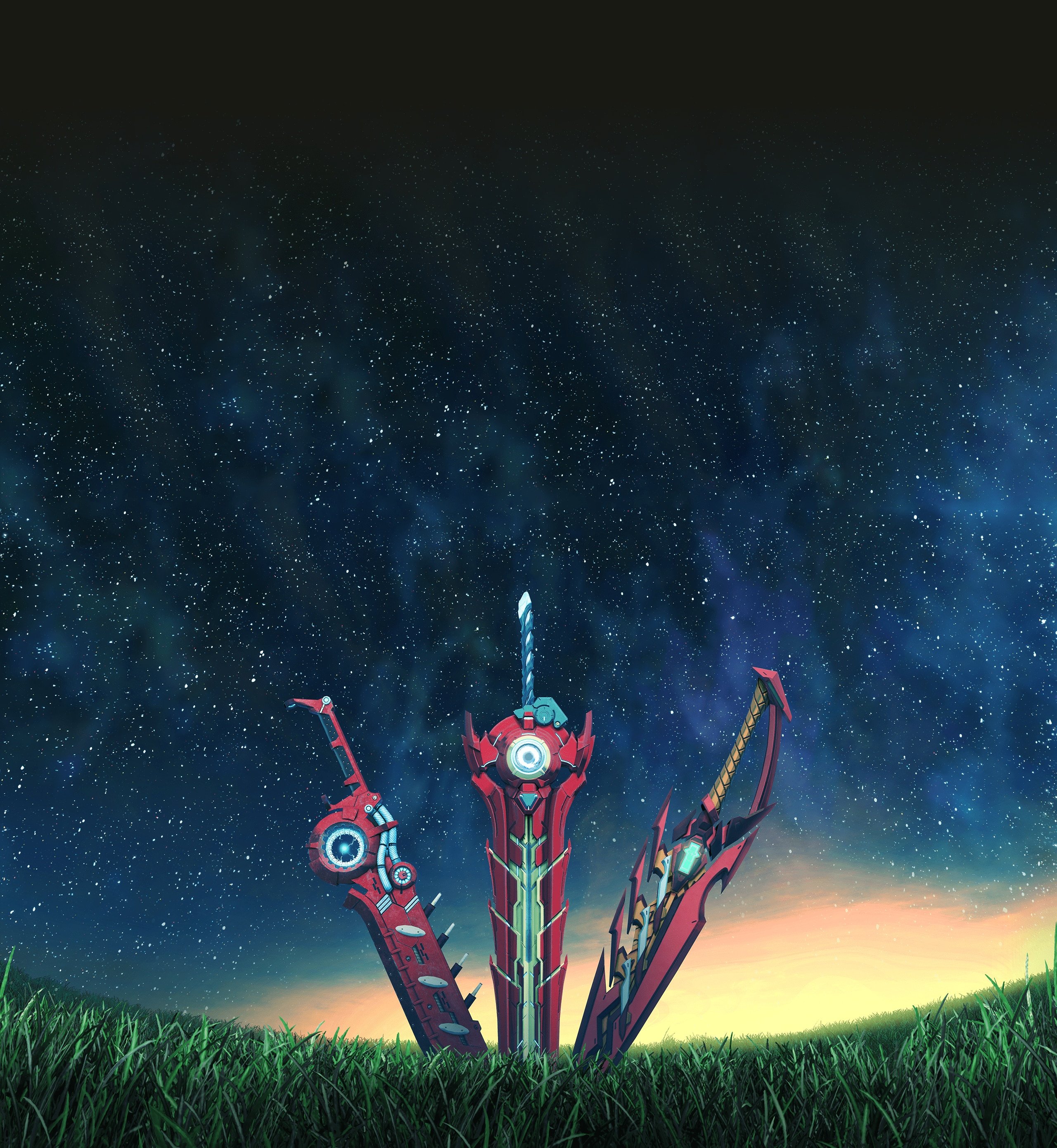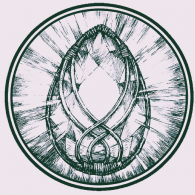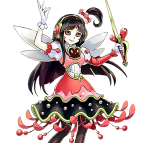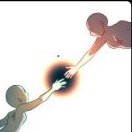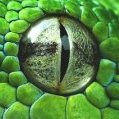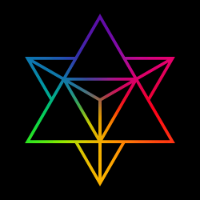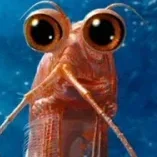-
Posts
2121 -
Joined
-
Last visited
-
Days Won
5
The Bookwyrm's Achievements
3.2k
Reputation
Single Status Update
See all updates by The Bookwyrm
-
Okay, I know this isn't relevant at all, but I'm bored and feel like my interactions with the Shard have waned of late. So here we go.
I get irritated whenever I hear people loudly proclaiming that Pluto should be a planet. It shouldn't. Now, before you grab your torches and pitchforks, just hear out someone who probably knows more about space than you.
The accepted requirements for what makes a body a "planet" are as follows:
- It must orbit a star.
- It must have enough mass that it's gravity forces it into a spherical shape.
- It must have enough gravitational influence to "clear" it's orbit, removing all other objects from its area whether by absorbing them or ejecting them.
The reason Pluto was taken off the list of planets was because it failed to meet that third requirement. If you dig a little bit that's the first thing you find. Pluto doesn't have enough of a gravitational presence to bully everything else out of its area, and so it's not large enough to qualify for full planethood.
That's the official reason it's not a planet. And while it's technically true, I've never really been satisfied with that reasoning. But, you might ask, if I'm not satisfied, why do I still think Pluto shouldn't be a planet?
As anyone on the street can tell you, Pluto is now classified as what we call a "dwarf planet." It's basically what it sounds like. It's a body that's similar to a planet in many ways, but doesn't have enough mass to meet that third requirement. They're little baby planets.
Here's the thing; as time goes on, we are finding a lot of dwarf planets. Eris, Haumea, Sedna, Makemake, Quaoar, Gonggong...you probably don't know about most of those, but they exist.
The space beyond Neptune's orbit contains a huge collection of orbiting bodies called the Kuiper belt, and beyond that is an unimaginably huge sphere of orbiting icy rocks called the Oort cloud. We keep finding these dwarf planets in the Kuiper belt, and it's highly likely there are dozens more to be found, and maybe even more in the Oort cloud. There could be hundreds of worlds just like Pluto orbiting our sun.
If we make Pluto a planet, we'd have to make every single one of them planets as well. And that, to me, seems like overkill. These aren't planets, they're something else...their own family of worlds, with their own characteristics and quirks.
I want to talk about another little world you may not have heard of; Ceres. Ceres is a rocky body in the asteroid belt. It's smaller than Pluto, but it is massive enough to form into a sphere. It obviously hasn't cleared it's orbit, though, it's in the asteroid belt. So it falls into the same category of dwarf planet, though it's also actually classified as a very large asteroid by some.
But for the longest time, Ceres was considered a planet. Bet you didn't know that. In fact, the reason it was discovered was because astronomers in earlier centuries had various theories about hidden planets in the solar system based on the hypotheses and theories of their eras. Ceres was just lucky enough to be discovered early.
Pluto has a very similar story. It was discovered by Clyde Tombaugh in 1930, who was looking for a predicted planet past the orbit of Neptune. He photographed various patches of the sky at different parts of time, comparing the photographs in a way that would cause objects that moved to stand out. And after searching and searching, he found it; a small dot that seemed to move slightly from photo to photo.
That was our friend Pluto.
Remember that children's book Ferdinand? They made a movie adaptation that I haven't seen. It's about a young bull who wants to stay home and smell the flowers, live a peaceful life. However, he's accidentally caught by people looking for bulls for bull fights at just the wrong time; a bee had stung him, making him go crazy. They thought he was perfect, and took him out of his home and put him in an unfamiliar, loud, uncomfortable place, filled with large, scary bulls that he didn't belong with.
I think Pluto was in a similar situation.
We now know that there is a whole family of dwarf planets out there, unique worlds with their own beauty and mystery. Pluto lived among them, hiding from astronomers for millennia. Until he was accidentally found at Tombaugh at just the wrong time, namely a time when the understanding of what being a planet really meant was incomplete. We didn't know about Pluto's family, the dwarf planets. We just found something orbiting past Neptune and were like "it's a PLANET!!!!" And with no regard for poor Pluto's feelings, we lumped it with a group it didn't belong with.
Can you imagine being as small as Pluto and having to live with Jupiter?
So, I'm sure Pluto was very relived when in 2006, scientists decided to finally take him home, and put him back where he belonged.
Now, I know I'm anthropomorphizing here, but people do it enough with Pluto anyway to say why it should be a planet, so I think I'm justified. And it nicely illustrates my point. Pluto has its own classification, its own family of worlds it belongs with, and saying we need to make it a planet again is overlooking its very nature. You're ignoring what makes Pluto Pluto and assuming that being a planet was what made something cool.
Planethood doesn't matter; Pluto is awesome. It has a heart shaped plain of nitrogen ice covered in convection cells due to constant resurfacing, suggesting geologic activity spurred by internal systems. It has a thin blue atmosphere, beautifully captured by the New Horizon's probe as it flew by (look it up, it's an awesome photo). It might have a subsurface ocean, which, if heated due to the internal systems mentioned above, could even harbor life. And it does all this while still being a dwarf planet.
In the end, it doesn't matter what we call something; we should recognize it for the beauty that it holds, the mysteries for us to unlock.
...
...
...
In fact, should we even use the term "planet" at all?
I mentioned above that the original reason Pluto was removed from the planet list was not very satisfying to me. And the reason for that is because the rules for a planet are not very satisfying to me. I don't know why, but it feels like they lack something, feels like they don't consider the edge cases or would be too easy to subvert. Even now, astronomers still debate about what the true definition of a planet should be. The most satisfying answer for why something should be a planet is because "it looks like it should be one." Planethood is something you just kind of know when you see it.
This ambiguity could be used to argue why Pluto should be a planet, but for me, it calls into question whether we should be using the term at all anymore. Consider Jupiter and Saturn; in size, structure, and composition, they are way different than Earth or Mars or Venus. In fact, Pluto is far closer in characteristics to the rocky planets than the rocky planets are to the gas giants. And yet we lump the inner worlds with the outer gas giants and call them all "planets." Is that really fair?
There are bodies in the universe known as brown dwarfs. These are large bodies, made of gas, but far larger than Jupiter. However, they are not massive enough to facilitate full nuclear fusion in their cores, and so they are not considered full stars. These are the "failed stars" of the universe, the ones whose parents are dissapointed in them, as Kurzgesagt put it.
Some of these brown dwarfs have orbiting bodies of their own. And herein lies the confusion. Are these planets? Some might say yes, but wasn't one of the qualifications of a planet that it has to orbit a star? Brown dwarfs aren't stars. So are these orbiting bodies moons? Well, don't moons have to orbit planets, which have to orbit stars? Most brown dwarfs don't orbit anything. So if they aren't planets, or moons, what are they? If brown dwarfs aren't planets, but they aren't stars, what are they?
The more you look, the more confusing it becomes. We've discovered as of now at least 70 rogue planets planets, worlds drifting through space without parent stars to orbit. They likely formed in a solar system, like normal, and then were ejected due to gravitational interactions with other bodies. It's likely there are billions more throughout the galaxy. These lonely wanderers clearly fail to meet the first requirement, and yet we still call them planets. Theories have even suggested that the moons of a rogue gas giant in specific cases could harbor life. These worlds are still planets, right?
There's a gas giant in another solar system called WASP-12 b. It orbits so close to its star that it's year is only 1.1 days, and has a temperature of roughly 4,000 degrees Fahrenheit. Tidal gravity from it's star is so strong that it is actually pulled into an egg shape, with the tip of the "egg" pointing to the star. It fails to meet the spherical qualification of the second requirement. But it's still clearly a planet, right?
Right?
The more I think about these rules, and the wondrous worlds out in the universe, the more I think that maybe it's time for the general term "planet" to retire. The word planet comes from the greek word πλανήτης, meaning "to wander". (Or something like that. Etymology isn't my strong suit.) In the old days, a "planet" was just a star that moved from night to night. It wasn't fixed like the rest. When the word was invented, they didn't know what these "wanderers" really were. They didn't know that the Earth itself was one of them. As astronomy evolved, we've simply clung to that old term, trying to update it as new science comes in. But maybe that's not the best tactic. Maybe it's time to let the word go.
The types of individual bodies in the universe exist on more of a scale; on the smallest, you have tiny dust particles, on the largest, huge supermassive black holes. But along that scale are rocks, asteroids, dwarf planets, rocky planets, gas giants, brown dwarfs, stars of all types...there are a a few clear boundaries between these types of bodies, yes, including some that baffle astronomers today (remind me to talk to you about IMBHs sometime...), but in many cases it seems like these are on a sliding scale. Brown dwarfs are the missing link between gas giants and stars, for example. There are other sliders you can use to further define these bodies (rocky planets come in many varieties...look at Venus and Earth. How different are they?), but they all fall along a similar spectrum.
If we take a wider and more open minded look at the classification of astronomical bodies, we can abandon the whole planet debate and headache altogether. Like I said before, it doesn't matter what we call them, in the end. The universe contains countless worlds for us to explore, each with their own beauties and mysteries and secrets and wonders...but when we let definitions get in the way of our understanding of them, it does matter.
Maybe it's time to rethink the way we think of these worlds. Leave behind the era of "planets", and come to a greater understanding of what these worlds truly are, by giving them names that highlight what makes them what they are.
I don't know what those names would be. But, when found, they'll help every world, little Pluto included, find the family they belong with.
...
...
...
This has been another completely irrelevant Fadran-style astronomy rant with The Bookwyrm. Assuming you were brave enough to read all that, thank you, and I hope to talk (write?) your ear off again in the future.
- Show previous comments 2 more
-
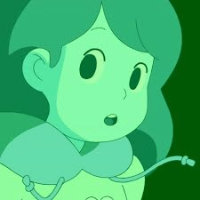
I like that you used Ferdinand for comparison, that really helped me understand what you were saying a lot more than if you were to just use a bunch of scientific words and phrases and hoped it got your message across.
And congratulations, you've managed to sway me to agree with you on Pluto not being a planet. Yay!
Also, this was (surprisingly) enjoyable to read!
-

Bro you should be a teacher
-
2
- Report
-
Exp speaks truth.
Maybe a college teacher, if you also want to research.
- Show next comments 3 more

